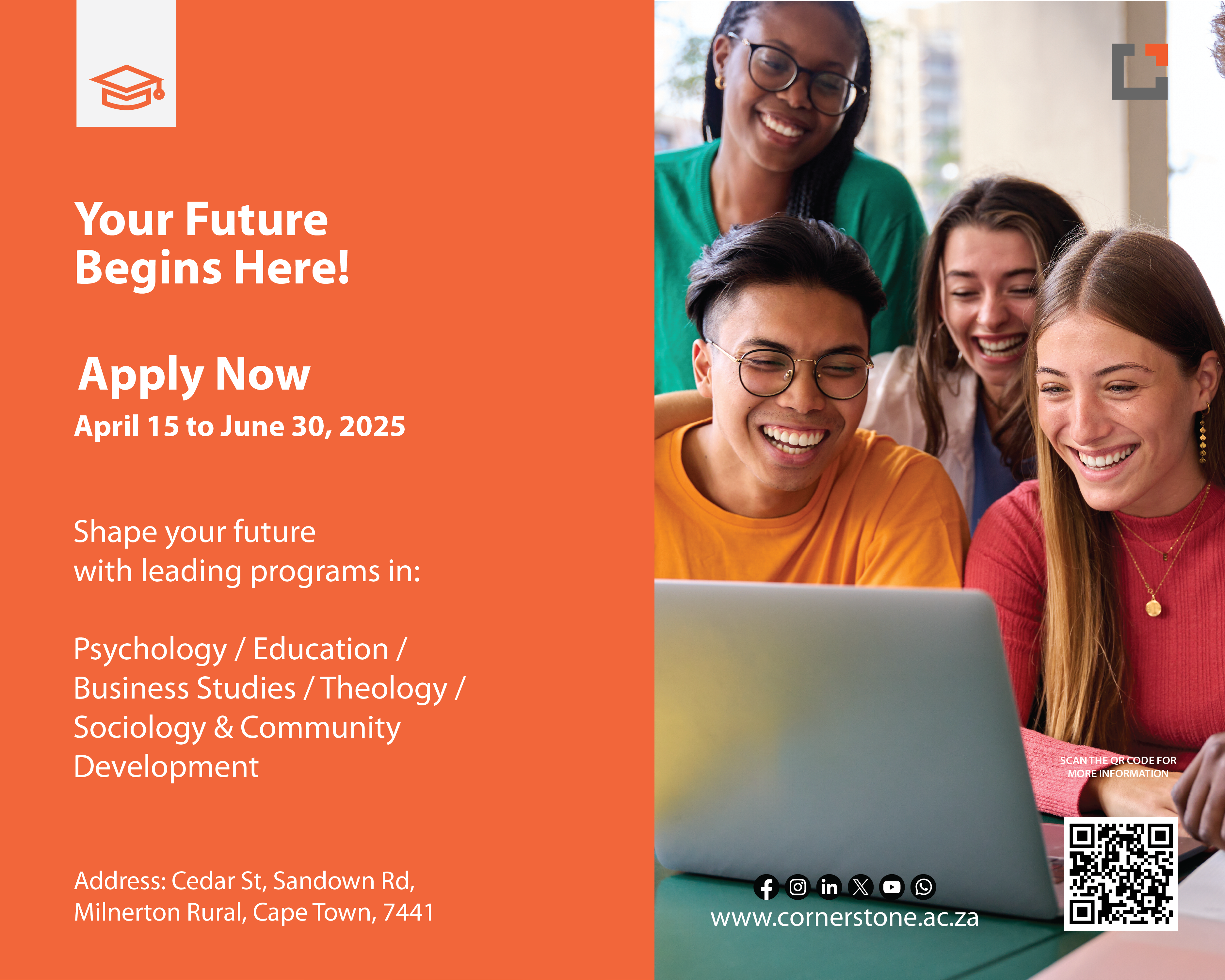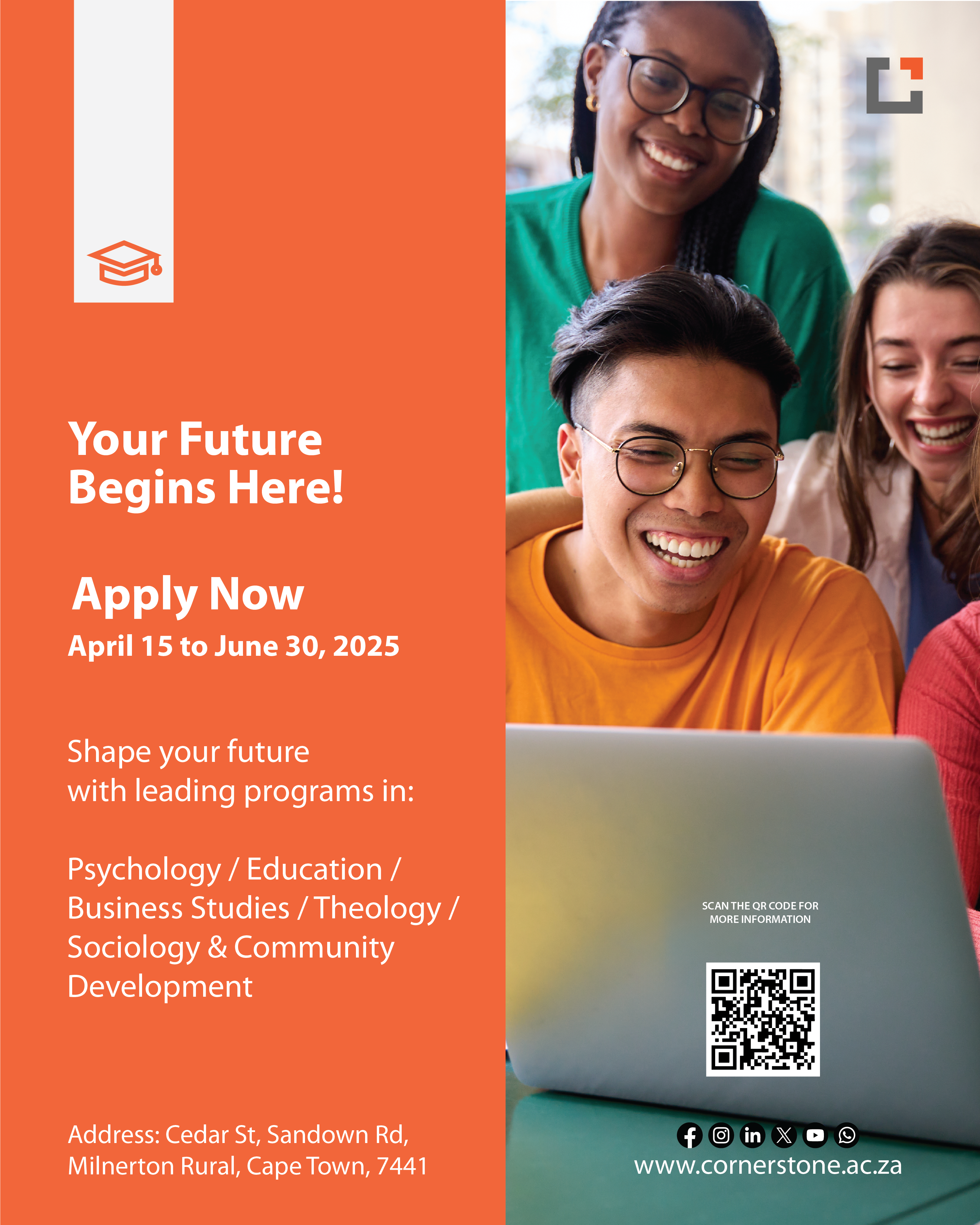Back
1 April 2025
Why Solution-Focused Thinking Brings Hope and Progress
By Bellavista School
In a schooling landscape where teachers face increasing demands and learners present with diverse and complex needs, a group of South African educators are championing a different way of thinking, one that prioritises progress over problems, and strengths over deficits.
Alison Scott, Executive Head at Bellavista School, Karen Archer, Deputy Principal at Bellavista School, Lauren Davis, Deputy Principal at Bellavista School, Megan Trickey, Educational Psychologist at St Stithians Girls’ College, and Dr Jacqui von Cziffra-Bergs from Solution-Focused Institute of South Africa, have partnered as thought leaders to reignite hopeful solutions in education.
As their first initiative, the team hosted Dr Arnoud Huibers from the Netherlands to train teachers, psychologists and school professionals in a Solution Focused Schools Workshop. They believe the approach, combined with mediated learning, offers powerful tools for reframing the way professionals meet the increasing support needs of learners, while balancing teacher wellbeing.
Davis explains that at Bellavista School, the team already embraces Feuerstein’s Cognitive Education principles, one of which is the “search for an optimistic alternative.” For her, Solution Focused Thinking is a natural complement. “It aligns with our belief that all learners are modifiable,” she says. “As educators and therapists, it is our role and responsibility to seek and find solutions to help each learner reach their full potential.”
Trickey agrees, emphasising that one of the transformative aspects of the approach is the shift from focusing on problems, to highlighting successes. “Instead of asking, ‘What’s going wrong?’ ask, ‘What’s working, and how can we do more of that?’” she says. “This kind of thinking encourages learners to reflect on their own strengths, and feel empowered by what they’ve already achieved - even in small ways.”
Both Davis and Trickey note that this mindset shift has had a ripple effect, not just on their learners, but also on the professionals they work with. “As teachers and therapists, we can fall into the trap of constantly identifying what’s lacking or what’s going wrong,” says Trickey. “But when we look for strengths, we see our learners differently. That shift is energising - it builds hope.”
In her work at Bellavista School, Davis has seen how Solution Focused Thinking fosters resilience. “It’s about identifying the child’s strengths and recognising where they’re already coping, and using that as a launchpad to target challenges. Our goal is to cultivate the ‘Feeling of Competence’ - that moment when a learner pushes through a ‘Feeling of Challenge’ and realises they’re capable. From there, they begin to take ownership of their progress.”
Trickey points out that this approach is particularly useful when working with learners who experience anxiety, or struggle with executive functioning. “Instead of leading with the challenge, begin by exploring what helps them succeed - what routines, environments, or strategies they’ve found helpful,” she explains. “That creates an opportunity for real collaboration and independence.”
For both professionals, one of the standout aspects of the workshop was the emphasis on language. “The way we ask a question can completely change a conversation. The influence of Solution Focused Thinking can extend beyond individual interactions and into whole-school conversations.”
“Among our staff, we’re starting to reframe how we talk about students,” says Trickey. “It’s less about what’s missing and more about what’s possible. That shift improves collaboration, reduces burnout, and encourages creativity in problem-solving.”
Their advice to other schools considering the approach is to start small. “This isn’t something that requires new infrastructure or major curriculum changes,. It’s about changing how we see learners, and how we talk to them. Even in a large classroom, asking one child what they already know or what worked for them last time can completely transform their engagement.”
Ultimately, both Davis and Trickey believe that “Every child has the propensity to learn. Hopeful, forward-thinking questions invite reflection and growth. It’s a small shift with a big impact.”


